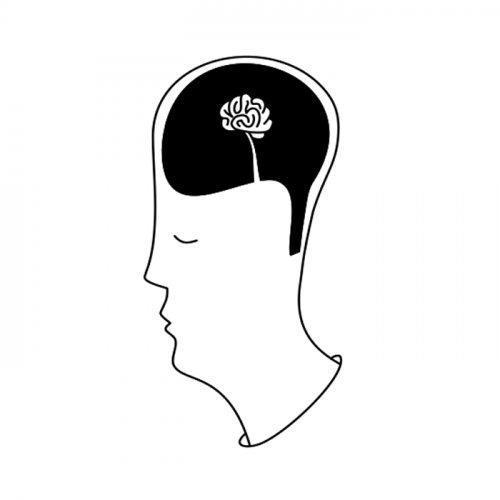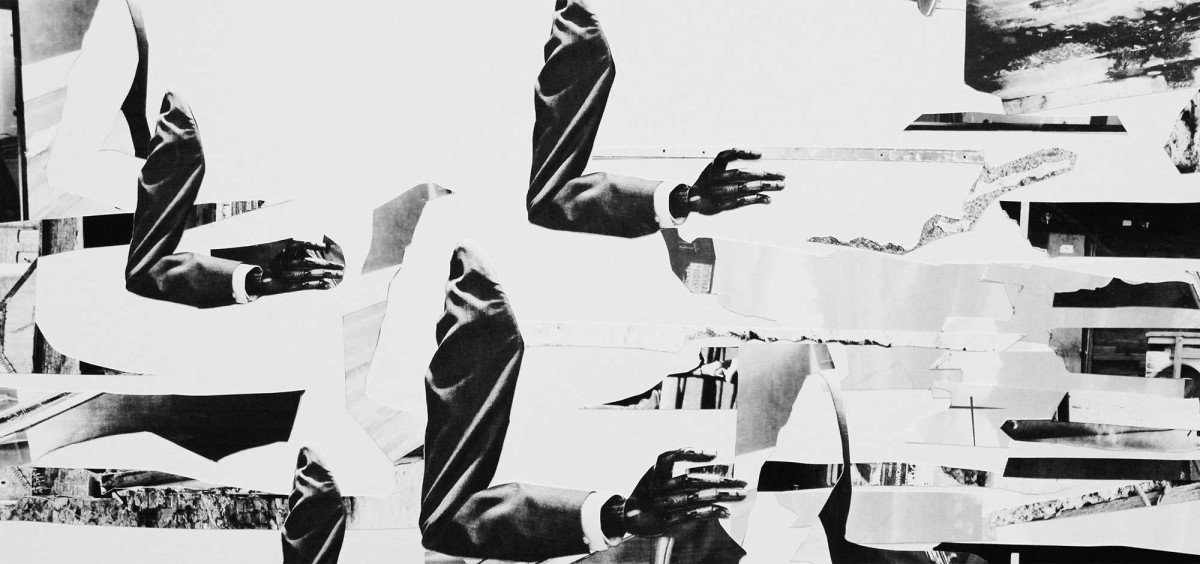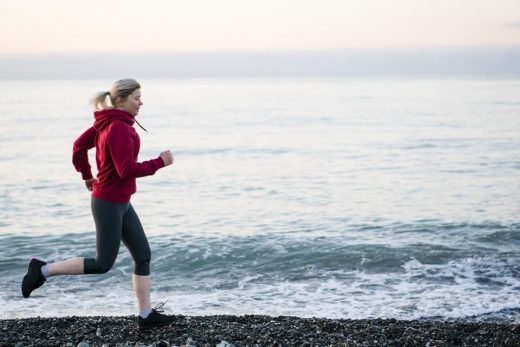How Embracing Havoc Can Change Your Habits for the Better
Humans are creatures of habit. Research shows that up to 47% of your daily actions are habitual. You eat the same foods, spend time with the same people, and stick to the same behaviors — even when you’re in a rut. But what if you suddenly had the opportunity to change your bad habits?
The pandemic last year probably upended your routines significantly. Perhaps work shifted to a remote setup permanently, or maybe you’re still waiting to return to the office. You might feel the urge to stock up on groceries whenever you’re at the store, or your child care could have radically shifted.
Amid this intense change, you probably noticed the incredible power of disruption. But what you might not realize is that these periods of disruption offer a perfect opportunity to change your habits.
“When our lives go haywire, the cues that normally surround us disappear,” says Shankar Vedantam, host of NPR’s “Hidden Brain,” one of my favorite podcasts. “This can be a profound opportunity for reinvention.”
Though major life changes are stressful, they also mix up routines and create opportunities for redesign. Amid the chaos, you have a chance to reexamine what you do, why you do it, and how you can act more authentically on your values. You can use disruption to your advantage by forging beneficial new habits.

How Small Shortcuts Create Lasting Behavior
The difficult truth? We’re not as rational and conscious as we may like to believe. According to psychologist Daniel Kahneman, humans rely on various mental shortcuts to speed up decision-making and reduce cognitive loads. We try to minimize “energy expenditure” — even when it doesn’t make sense.
Too often, habits are formed by default rather than design. You eat an unhealthy breakfast because you didn’t make it to the store for a restock. You adopt the same outdated style of leadership because that’s the way your predecessors led. When your environment dictates behavior, it’s easy to become a passive participant in your life story.
The good news buried in the pandemic’s trials and challenges is that disruption presents a perfect opportunity to regain personal agency. Old environmental cues are no longer present when routines are upended, so it’s easier to form strategic habits that support the outcomes you want. Here are three ways to start:
1. Schedule the activities that matter most.
Being an active participant in your life requires consideration. As a father of two, the best way for me to reflect is to go for a walk every day. But I’ve learned that the later in the day I schedule something, the less likely it will occur. It’ll get cut in the wake of a pop-up need. So, I plan my walks for early in the morning and try my best to stick to that schedule.
If you consider a habit essential, it should become your top priority. At my company, we are serious about protecting an innovative mindset. Making time for it requires discipline, which is why our whole team has reserved Fridays for innovation. We gather in the mornings and then use the rest of the day to advance our work individually.
Going for a walk when it’s still dark out or blocking off a whole day might seem extreme, but these moves are directly connected to my contributions in the knowledge economy. I create value through the quality of my decisions. Just as an athlete must protect her body, I have to defend my decision-making capabilities. This is why I aggressively schedule activities that make me a better leader, person, friend, father, and husband.
2. Carefully choose when to make decisions.
Habit-building compounds on itself. Just as compounding interest impacts your debt or deposit, a habit becomes the default and then continues to work either for or against you.
When you’re first forming or changing a habit, it can feel like you’re making the same decision over and over. So, it helps to set yourself up to make the decision well every time. We know from research that the quality of people’s decisions is inconsistent because decisions can be affected by everything, such as our moods or the time between meals. That’s why the best way to harness the compounding power of habit is to establish when you make decisions.

Last summer, my friend Bryce Murray and I took up running. We planned to meet in the mornings; even though I wanted to run, I didn’t trust myself to make the right choice at 4 a.m. Instead, I decided at the beginning of the season that I would run five days a week and removed any potential barriers to success. I set out everything I needed the night before, including my running shoes and my keys.
3. Pinpoint cues and create helpful nudges.
Habits have three basic components: the “cue” that triggers a specific action, the action itself, and the reward. Say you have a habit of checking Instagram in the grocery store checkout line; the cue is the moment of idleness or boredom, the action is pulling out your phone, and the reward is the gratification you get from seeing that someone liked your photo.

Identifying rewards can help you break bad habits. But when you’re trying to build good habits, sometimes knowing the reward isn’t enough. For instance, healthy habits like eating well and exercising have long-term rewards rather than the short-term rush of a candy bar or watching another Netflix episode. If you don’t set up a cue, it will be hard to stick to your goals.
One way to help yourself is to choose a habit you already have and make it a cue. I kept forgetting to take my vitamins and probiotics, so I paired that healthy habit with one that was already engrained: my morning coffee. That first cup is the cue I need to remember to take my vitamins. I apply the same strategy to journaling. Getting into bed should be the cue, but it’s easy to pick up my phone instead. Placing my journal closer than my phone is the nudge I need to do something enriching rather than something mindless.
Massive life changes can be stressful, but disruption also presents a unique opportunity. Changing your environment erases default habits and gives you the chance to create new, better ones.
Business & Finance Articles on Business 2 Community
(14)


